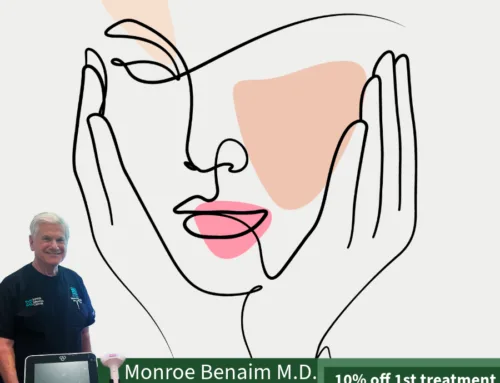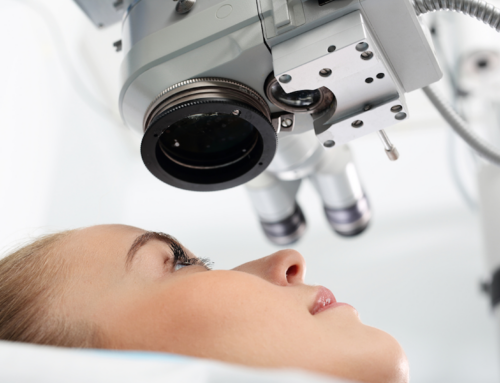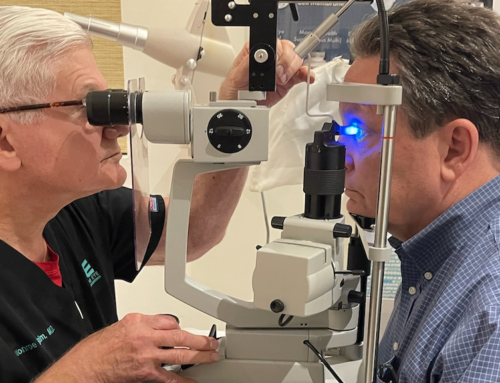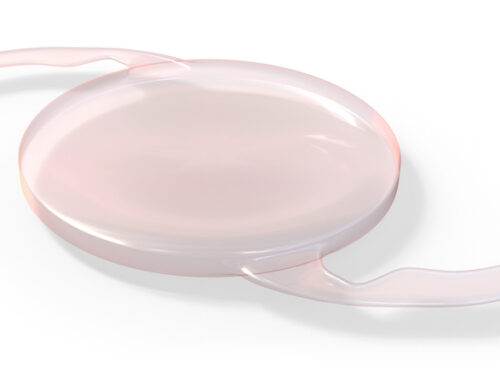
You wake up in the morning and feel a stinging sensation in your eyes. As you make your way to the bathroom mirror for a closer look, you notice that your eyes look bloodshot. Then your eyes start to water.
All of these symptoms, including excessive tears, are associated with dry eye. Although it may seem odd, watery eyes are the body’s response to irritation from dry eyes.
And it’s actually quite common. Dry eye affects millions of adults in the U.S., according to the National Eye Institute.
Here’s why it happens — and what you can do to help prevent it.
What causes dry eye?
Dry eye occurs when your tears can’t properly lubricate your eyes. This can happen for a number of reasons. Maybe your eyes don’t produce enough tears. Or, they might produce poor-quality tears.
According to the Mayo Clinic, decreased tear production can result from:
- Aging
- A medical condition, such as diabetes, rheumatoid arthritis, Sjögren’s Syndrome, or a vitamin A deficiency
- A medication you take, such as antihistamines, decongestants, or drugs for high blood pressure, acne, birth control or Parkinson’s disease
- Laser eye surgery, although this is typically short-term
- Tear gland damage from inflammation or radiation
Your environment can also impact your eyes, causing tear evaporation. Wind, smoke or dry air, for example, can cause dry eye.
Additionally, blinking less, which tends to occur when you’re reading, driving or staring at a computer screen, can also make your eyes dry. And the reality is that Americans are now spending nearly half a day staring at a screen.
Dry eye symptoms
Dry eye can cause you to feel a stinging, burning or scratchy sensation in your eyes. You may also experience redness, stringy mucus in or around your eyes, the feeling of having something in your eye, blurred vision, or eye fatigue. This can make you feel uncomfortable throughout the day, especially while in bright lighting. It can also make it difficult to wear contacts. As a result, you might consider switching to glasses until the problem is resolved.
What you can do about it
If you have prolonged symptoms of dry eye, you should consider seeing an ophthalmologist, who can determine why it’s happening.
However, there are also a number of lifestyle changes that may help prevent or lessen future dry eye symptoms.
You might consider:
• Cutting back on screen time and taking “eye breaks” every 20 minutes
• Talking to your doctor about switching to medications that aren’t associated with dry eye
• Quitting cigarettes and avoiding second-hand smoke
• Applying a warm lid compression (which can help in cases of Meibomian gland dysfunction)
Be careful about taking over-the-counter eye drops until you see an ophthalmologist, who can help you determine the problem and proper treatment.
 New Address:
New Address:



